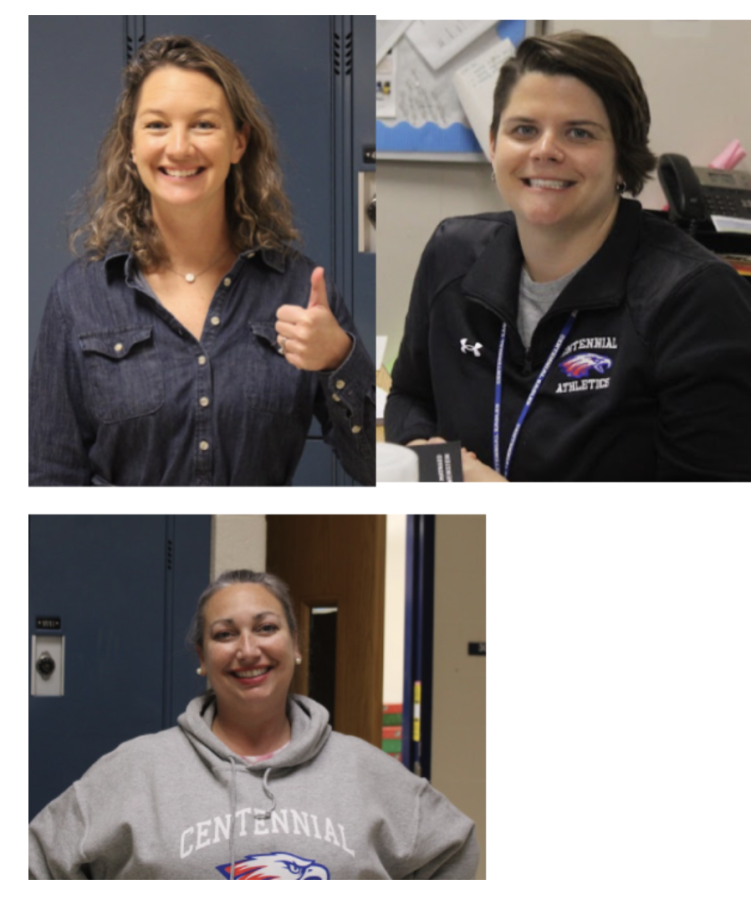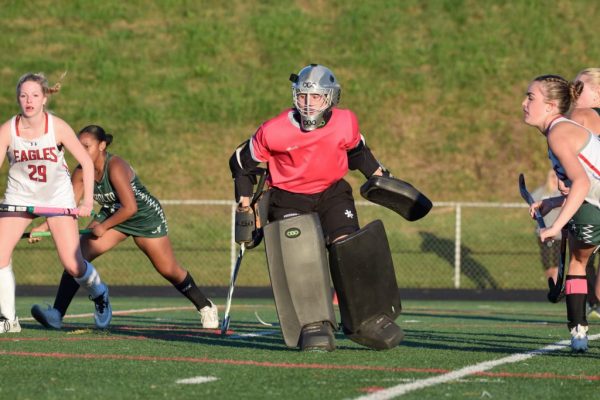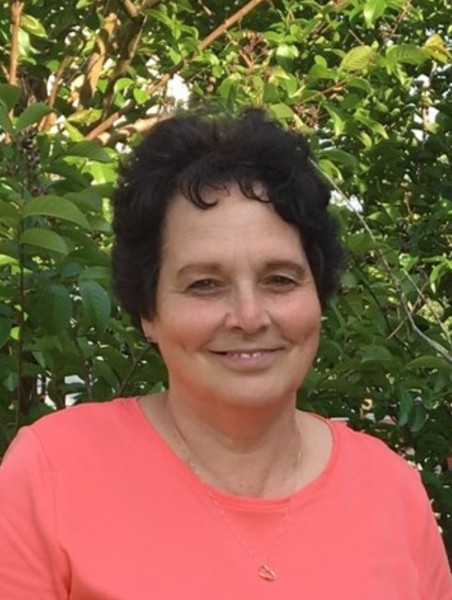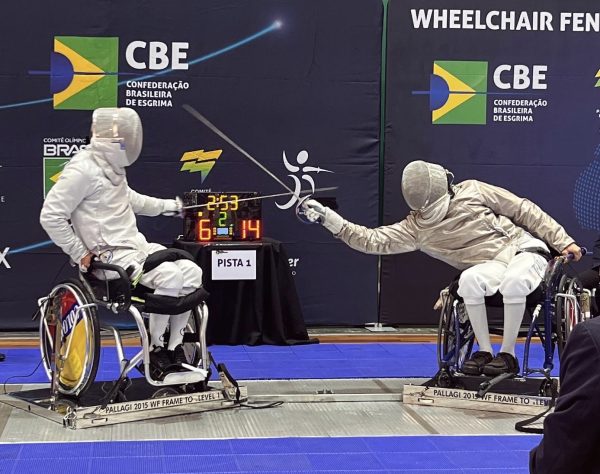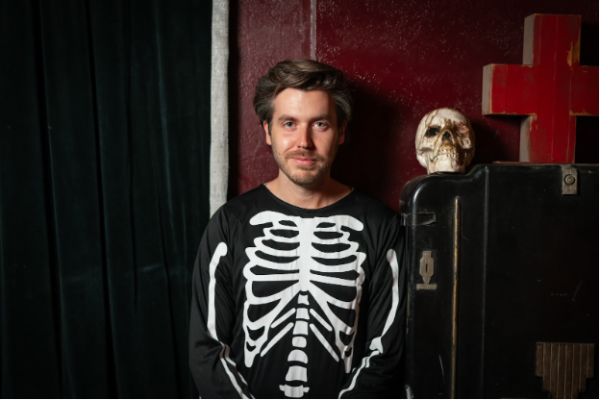Covid in retrospect Q&A
With the Covid-19 shutdown now three years in the past, Centennial teachers look back on those hardships and a series of lessons learned.
About three years ago on March 13, 2020, students and staff came to school knowing it would be their last time in the building for two weeks, but what they didn’t know was how long the road would be before they would return. In the initial months of 2020, Covid-19 was a small discussion at the dinner table or a quick internet search that no one thought much of. As Covid began to escalate and spread at a fast rate throughout the U.S., it was clear that big changes were about to take place. On March 12, 2020, governor Larry Hogan made an announcement that put all Maryland schools on a two week hiatus, leaving teachers as well as students stunned. On May 6, 2020, Hogan announced that schools would close and go “virtual” for the rest of the school year, making teachers scramble even more to find tools and resources to adjust their teaching from textbooks to Chromebooks.
There were many unfamiliar challenges that teachers specifically had to go through during the virtual learning experience. In speaking with three Centennial teachers, each reflected on their time with virtual learning. While there were many very difficult aspects, something they now recognize is that the virtual learning experience was beneficial in certain ways.
The immediate transition from an in-person classroom before the pandemic to an online setting around April was nothing short of hectic and sporadic. No one had ever done anything like this before, placing unrealistic expectations on the shoulders of teachers. “We had all of our meetings and they just said, ‘go and teach,’” Centennial math teacher Katie Carr recalls. “I remember being frustrated, I cried several times trying to figure out how to deliver the type of instruction I’m used to in a totally new venue,” she adds. Trying to replicate what was typically a very interactive style of teaching was something that both science teacher Lori Griffiths and dance teacher Rebecca Clark struggled with throughout the shutdown. Both science and dance are classes that require an in-person format to be successful and engaging. “It wasn’t as much fun to switch to the online formats,” Griffiths details. “I think the kids didn’t find it nearly as enjoyable andI’m not sure how much they got out of it.” While the change for teachers was forced to be very quick and scattered, for Clark, teaching was nearly impossible. As a dance class, it was a huge adjustment to go from a spacious studio to a small room. “We’re used to having like lots of space and moving together as an ensemble and then all the sudden it was like limited space for people… in their rooms or their houses, or some people were outside and then trying to still put on and have concerts,” Clark says.
Something that cannot be understated was the mental aspect of this manic teaching and learning. Students were missing their friends and social aspects of school, and teachers were missing out on the same thing. A lack of personal connection with the students was something that teachers struggled with just as much as the technical difficulties. Having “very little connections” was a result when “most of [the students] didn’t turn their cameras on,”Griffiths states. Clark knew she had to put her best foot forward in her efforts to have students still feel a community within the dance classes. “I started the Centennial dance Instagram page and just silly little things…silly things just to keep them engaged and interacting with each other”, she remembers. It was harder for an outgoing teacher like Carr to stay motivated to teach, since she wasn’t able to build relationships with her students over a computer screen like she could in a classroom environment. . She did not enjoy talking to her often non-responsive students over the computer, relaying that, “There were some days where I was like, ‘Well, that was weird. I basically talked to my computer for 3 hours and I didn’t even know if they were there.’”
The Covid-19 experience is something that no one who was present in education will ever forget.
ac/jy/ew
For more breaking news and photos, follow The Wingspan on Instagram and Twitter @CHSWingspan.
